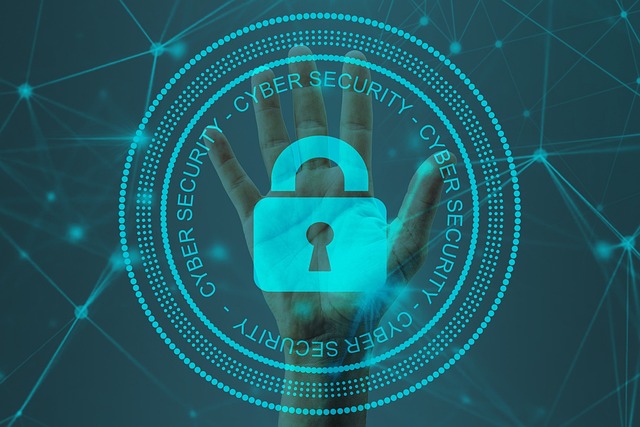Introduction
In today’s digital age, computer security and privacy are of utmost importance. Protecting your computer from cyber threats and safeguarding your personal information should be top priorities. In this article, we will explore simple steps that you can take to enhance your computer’s security and privacy. By implementing these measures, you can have peace of mind knowing that your computer and data are well-protected.
Use Strong and Unique Passwords
Creating strong and unique passwords is the first line of defense in computer security. Avoid using common or easily guessable passwords. Instead, follow these guidelines:
- Use a combination of uppercase and lowercase letters, numbers, and symbols.
- Make your passwords at least 12 characters long.
- Avoid using personal information or common dictionary words.
- Consider using a reputable password manager to generate and store your passwords securely.
Keep Your Operating System and Software Updated
Regularly updating your operating system and software is crucial for maintaining a secure computer. Updates often include security patches that address vulnerabilities. Follow these steps:
- Enable automatic updates for your operating system.
- Keep your software, including web browsers and plugins, up to date.
- Regularly check for updates manually if automatic updates are not enabled.
Install and Update Antivirus Software
Antivirus software plays a vital role in detecting and preventing malware infections. Here’s what you should do:
- Install reputable antivirus software on your computer.
- Keep your antivirus software up to date to ensure the latest protection against emerging threats.
- Perform regular scans to detect and remove any potential malware.
Enable Firewall Protection
A firewall acts as a barrier between your computer and the internet, monitoring and controlling network traffic. Follow these steps:
- Enable the built-in firewall on your operating system.
- Consider installing a robust third-party firewall for additional protection.
- Configure your firewall settings to block unauthorized access and allow only trusted connections.
Be Cautious with Email and Online Activities
Email and online activities can expose your computer to various threats. Practice these precautions:
- Be skeptical of suspicious emails, especially those requesting personal information or containing unexpected attachments.
- Avoid clicking on links from unknown or untrusted sources.
- Verify the authenticity of websites before entering sensitive information.
- Stay away from downloading files from untrustworthy sources.
Secure Your Wi-Fi Network
Securing your Wi-Fi network is essential to prevent unauthorized access. Follow these steps:
- Enable Wi-Fi encryption (WPA2 or WPA3) on your wireless router.
- Set a strong, unique password for your Wi-Fi network.
- Consider creating a separate guest network for visitors to keep your main network secure.
Regularly Backup Your Data
Data backups are crucial for protecting your valuable files. Follow these recommendations:
- Regularly backup your important data to an external hard drive, cloud storage, or both.
- Set up automated backups to ensure you have the latest copies of your files.
- Store your backups securely, preferably in a different location from your computer.
Practice Safe Online Shopping and Banking
When engaging in online shopping and banking, take the following precautions:
- Verify the security measures of the website, such as SSL encryption (look for the padlock icon).
- Use secure payment methods, such as credit cards or trusted third-party payment services.
- Avoid conducting sensitive transactions on public Wi-Fi networks.
- Monitor your bank statements regularly for any suspicious activity.
Conclusion
Enhancing your computer’s security and privacy doesn’t have to be complicated. By following these simple steps, you can significantly reduce the risk of cyber threats and protect your personal information. Take proactive measures to use strong passwords, keep your software updated, install antivirus software, enable firewall protection, exercise caution with online activities, secure your Wi-Fi network, backup your data, and practice safe online shopping and banking. By prioritizing computer security, you can enjoy a safe and protected digital experience.

